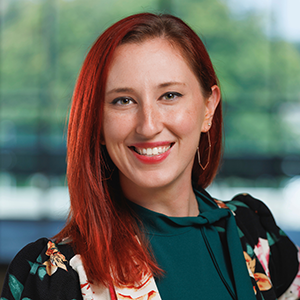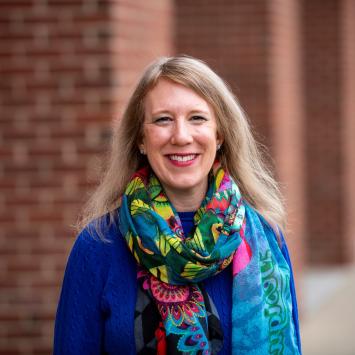State-Based Initiatives Task Group
Task Group Charge:
To address the similar but local challenges of implementation of strategies to reduce lung cancer risk and lung cancer deaths at the local level. This Task Group will work closely with other Task Groups to brings tools and best practices to state-based initiatives to advance lung cancer control systematically at the state and local level.
Task Group Members
Lawrence An, MD
University of Michigan
Allison Antoine, CHES
Wisconsin Cancer Collaborative
Omar Atiq, MD, FACP
University of Arkansas
Katie Bathje, MA
American Cancer Society
Alberta Becenti
Indian Health Service
Judy Burleson, MHSA
American College of Radiology
Karin Denes-Collar, LSCSW, LCSW
University of Kansas Cancer Center
Cherie Erkmen, MD, FACS
Temple University
Matthew Facktor, MD
American College of Surgeons
Kathyrn Garfield, JD
The Center for Health Law and Policy Innovation
Harvard Law School
Tiffany Gowan, MHA
American College of Radiology
Hannah Green
American Lung Association
Stephen Grubbs, MD, FASCO
American Society for Clinical Oncology
J. Robert Headrick, Jr., MD, MBA, FACS
CHI Memorial Hospital Chattanooga
Elizabeth Holtsclaw, MA
American Cancer Society
Neil Korsen, MD, MSc
Maine Lung Cancer Coalition
Angela McFall, MS
Michigan Dept. Health and Human Services
Lisa Mei, MPH
Michigan Dept. Health and Human Services
William Mayfield, MD, FACS, FCCP
WellStar Health System (GA)
Anita McGlothin
GO2 for Lung Cancer
Anita Kinney, PhD, RN, FAAN, FABMR
Rutgers Cancer Institute of New Jersey
Randy Schwartz, MSPH
National Association of Chronic Disease Directors
Kelly Durden, MA
National Assoc. of Chronic Disease Directors
Jody Ruth Steinhardt, MPH, CHES
NYC Health and Hospitals Corp
Charles White, MD
University of Maryland
Opportunities For Intervention/Influence:
- Address local challenges by working with organizations operating at the local level
- Support the establishment of state-based roundtables – common challenges, common solutions
- Create opportunities for communication and sharing best practices
- Create opportunities to identify enduring and new challenges
- Collaborate with State Health Departments, HRSA, FQHCs, CDC, ACS field staff, etc.
- Provide data on at-risk populations, screening, diagnostic and therapeutics for local focus and investment to address inequities

